10 Biggest Cyber Attacks Of July

Summer Heats Up For Hackers
The lazy days of summer were anything but for hackers this month. If anything, hackers were ramping up their efforts under increased pressure from international and domestic law enforcement agencies.
As usual, Anonymous and LulzSec were in full form, targeting international policing agencies such as NATO and the Italian Cybercrime unit.
However, this month, the media joined the ever growing list of industries targeted in a cyber attack. Rupert Murdoch’s empire got taken down a few pegs with an attack that defaced The Sun and pilfered data from that publication and the now defunct News of the World, while the Washington Post scrambled to remediate a data breach compromising 1.27 million accounts.
Here is a sampling of the month’s cyber attack highlights. Stay safe!
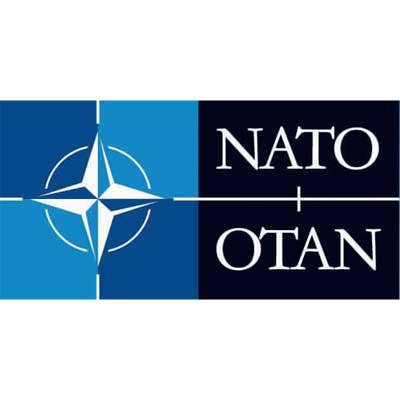
NATO
Anonymous hackers struck again, this time with an injection attack against the North Atlantic Treaty Organization (NATO) and garnering a GB of data .
Anonymous announced in a tweet that it possessed a GB of NATO data, adding that it would be ’irresponsible’ to publish much of it. To prove its claims, the hacker group posted links to two documents on a PDF-sharing site, the first from 2007, titled ’NATO Restricted,’ outlining communications systems at the Joint Communications Control Centre for ISAF forces in Afghanistan. The second document, also labeled ’NATO Restricted’ detailed proposals for outsourcing communications systems for NATO forces in Kosovo. A NATO spokesperson confirmed to The Telegraph that the organization had been hacked and was investigating the incident and the Anonymous claims.
NATO said ’We strongly condemn any leak of classified documents, which can potentially endanger the security of NATO Allies, armed forces and citizens.’

The Sun
This month, Anonymous targeted Rupert Murdoch with a series of derogatory hacks against the Web site of The Sun while pledging that e-mail leaks and data disclosure are forthcoming in the near future.
In its latest act, Anonymous took responsibility for defacing The Sun’s Web site by redirecting visitors to a phony homepage that claimed that News Corp. Chairman and CEO Rupert Murdoch had died of a drug overdose in his garden.
In a Twitter post, a hacker known as Sabu claimed that Anonymous had also successfully broke into the e-mails of The Sunas well as its now defunct sister paper, News Of The World, touting plans to release them soon. The News Corp. hacking frenzy follows after the resignation and arrest of Rebekah Brooks, CEO of News Corps’s subsidiary News International and The Sun editor, following a phone hacking scandal that was first disclosed in 2010 and erupted earlier in July.
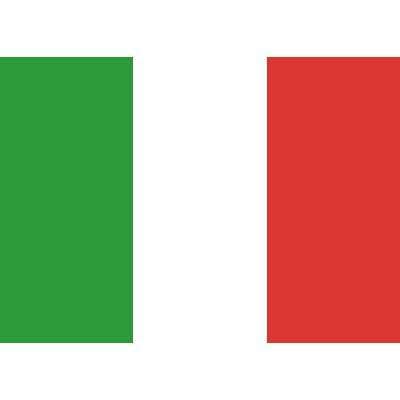
Italian Cybercrime Division
Anonymous hackers started to release 8 GBs of classified documents lifted from a previous hack against the CNAIPIC, a division of the Italian government dedicated to fighting cybercrime.
The slew of stolen documents contained information regarding numerous government offices, including Australia’s Ministry of Defense, the U.S. Department of Agriculture, and Egypt’s Ministry of Transport and Communication; there was also data on commercial organizations such as Gazprom and Exxon Mobil and a myriad of U.S. Department of Justice contractors.
The stolen files also include classified data from the CNAIPIC related to investigations as well as documents and photographs of the agency’s administration. Anonymous hackers announced the CNAIPIC attack via Twitter, alleging they were provided by an unnamed ’source.’ Anonymous members posted links to the stolen files and clamed they pilfered the CNAIPIC files stored on the agency’s servers .
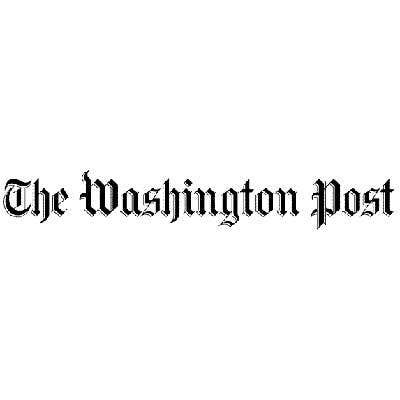
The Washington Post
The seemingly endless series of cyber attacks have finally caught up with the media industry, thus proving that no one is immune when the Washington Post said that a data breach compromised an estimated 1.27 million accounts on its job seeker site.
Specifically, the Washington Post said in July that its "Jobs" section experienced a cyber attack by an "unauthorized third party" in what it described as "two brief episodes" June 27 and June 28. The hackers made off with user IDs and e-mail addresses but failed to obtain passwords or other personally identifying data.
The Post warned that the stolen e-mail addresses could be used by the hackers to launch spam attacks or wage targeted campaigns against users. "We are taking this incident very seriously," the Post said in its alert. ’We quickly identified the vulnerability and shut it down, and are pursuing the matter with law enforcement. We sincerely apologize for this inconvenience.’
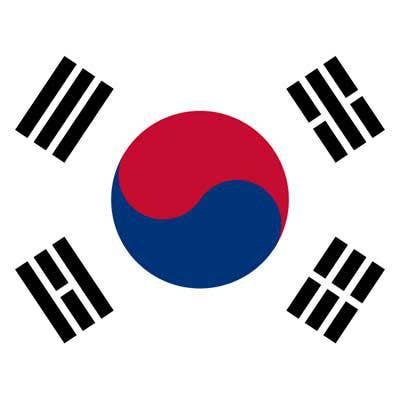
South Korea
Chinese hackers managed to decimate the country of South Korea in one fell swoop by targeting a popular social networking site in a massive cyber attack.
The attacks, which compromised a total of 35 million users, were directed at Cyworld Web site, as well as the Nate Web portal run by SK Communications. Altogether, hackers appear to have stolen phone numbers, e-mail addresses, names and encrypted information of tens of millions of site users. The source of the breach, first revealed by the Korean Communications Commission, was traced back to computer IP addresses based in China
Meanwhile, the massive hack follows after a series of attacks directed at South Korea’s government and financial organizations, including a a government-backed bank, 1.8 million customers data at Hyundai Capital, as well as the Korean Government ministries, the National Assembly, the country's military headquarters and networks of US Forces based in the country.
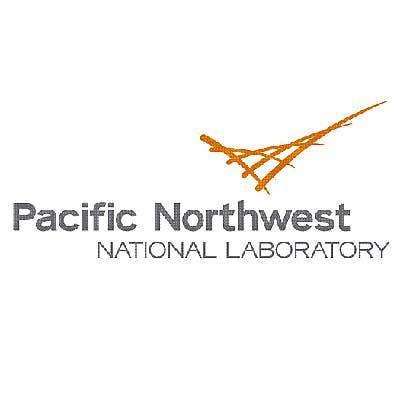
DOE Pacific Northwest National Laboratory
It’s never a good thing when the systems of a facility that analyzes information on security, science, nuclear non-proliferation and counterterrorism get hacked and breached. However, the Department of Energy’s Pacific Northwest National Laboratory joined the growing list of government research facilities targeted in what it described was a ’sophisticated cyber attack’ on its systems.
PNNL officials first detected the attack on July 1, according to reports. System administrators disconnected all Internet and e-mail access and the facility’s wireless network in order to assess the damage and protect systems.
The PNNL attack appeared to be part of a larger cyber effort that also targeted Thomas Jefferson National Laboratory in Newport News, Va., and Battelle Corp., a government contractor that oversees PNNL, according to Reuters.
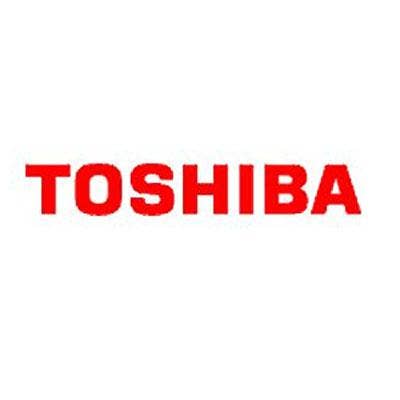
Toshiba
Hackers got to another Japanese electronics firm when Toshiba when said that one of its Web servers run by its US sales subsidiary had been hacked, compromising email addresses, telephone numbers and passwords of thousands of customers.
The company said that the server, run by Toshiba America Information Systems Inc., held personal data relating to 7,520 customers. However, the company added that the personal information exposed did not include any credit card data.
Toshiba said that it notified all customers potentially affected by the hack. A company spokesperson told The Wall Street Journal that the subsidiary's IT staff first noticed a Web server intrusion on July 11th, and confirmed the hack on July 13th. "We will continue the investigation and intend to thoroughly protect customers' information and manage (related computer) systems to prevent a recurrence,’ Toshiba said.

Booz Allen Hamilton
Another day, another government contractor hacked. In an all-too-familiar style attack, Anonymous hackers announced that they hit Booz Allen Hamilton via Twitter, saying the attack was part of concerted effort to shed light on the governments’ and corporations lack of cyber security, according to Reuters.
The hackers said in a letter that they managed to scrub 4 gigabytes of source code and swipe 90,000 military email addresses, although they were only able to access the encrypted versions of the e-mail passwords.
The hackers also said they infiltrated a server in Booz Allen's network in order to point out its lack of security mechanisms. "We were able to run our own application, which turned out to be a shell and began plundering some booty. Most shiny is probably a list of roughly 90,000 military emails and password hashes (md5, non-salted of course!),’ the group wrote.
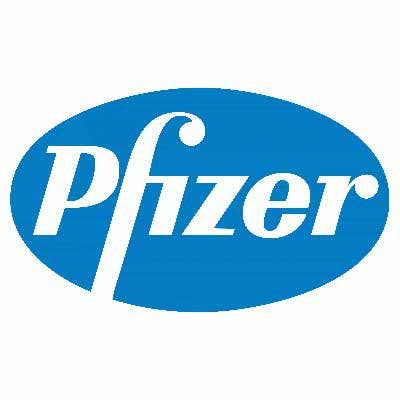
Pfizer
Pharmaceutical giant Pfizer emerged a little red-faced after its Facebook page was publicly defaced by miscreants .
Altogether, the hackers, known as The Script Kiddies, appeared to be taking up an Anonymous-style mission, claiming of Pfizer that "they're corrupt and the damage they create is senseless" as the reason for the Web site defacement. Paul Ducklin at Sophos said the Web site likely was hijacked after someone guessed the Facebook password of a person who had access to the page.
Even still, while no data was taken, the highly public incident was a bit of an embarrassment to the pharmaceutical giant, while demonstrating the lack of password security and security policies in the enterprise, even in mega-corporations such as Pfizer.
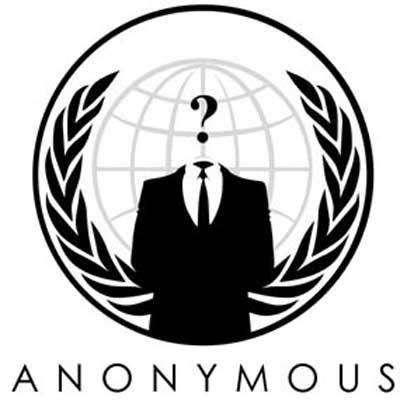
Anonymous
Anonymous hackers got a little taste of their own medicine when hackers hacked and defaced AnonPlus, a scoail network started by the global hacker collective after being unceremoniously booted from Google’s new Google+ network.
The hackers who broke into AnonPlus, a group calling themselves, TURKIYE, left a message that read: ’We Are TURKIYE. We Are AKINCILAR.
This logo suits you more..How dare you rise against to the World.Do you really think that you are Ottoman Empire?" the hacker wrote. "Now all of you go to your doghouse.’
Serving to throw kerosene on an already scorching flame, the message elicited a fiery retort from Anonymous, who promised to continue to fight corruption and greed with data breaches and Web site hacks.